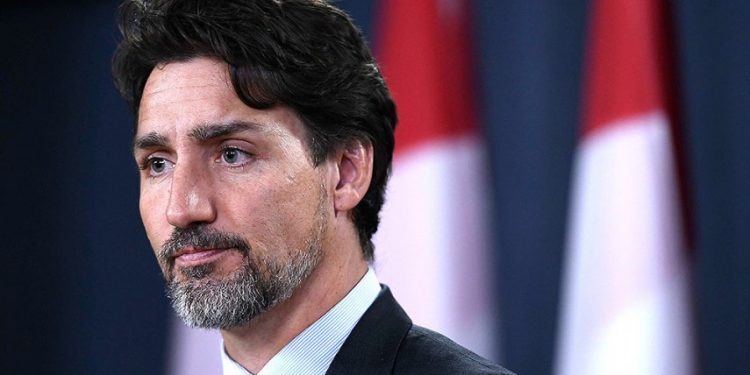Ottawa: The Canadian Parliament passed a massive COVID-19 relief bill, deemed by Prime Minister Justin Trudeau as the country’s most significant economic program since the World War II.
In a rare Saturday sitting, members of both the House of Commons and Senate, from all political parties, agreed to support the government’s $52 billion wage-subsidy program that will cover 75 per cent of earnings up to about $42,000, retroactive to March 15 and up to June 6.
To qualify, employers will have to demonstrate that they expect at least a 15 per cent revenue drop in their revenue from March, or a 30 per cent decrease in April and May compared to the same period last year.
The relief package is intended to encourage businesses not to lay off their employees.
But over 1 million Canadians have already lost their jobs, and a last month’s survey by the Canadian Federation of Independent Business found that 32 per cent of small and medium-sized businesses shuttered as non-essential during the COVID crisis indicated they were unsure whether they would reopen when the lockdown is lifted.
Last month, Parliament was suspended until April 20. But the Commons and Senate have since met twice in emergency sessions.
“The front line is everywhere,” Trudeau said, referring to the country’s battle against the deadly COVID-19 pandemic when attending the session.
His appearance in the Commons on Saturday was the first time he has stepped out of his residence in a month, after his wife, Sophie Gregoire, tested positive for COVID-19 on March 12 and the Prime Minister went into self-isolation.
She has recovered from the respiratory disease.
Canada has reported 23,318 COVID-19 cases, of which Out of them, 12,292 were in the French-speaking province of Quebec.
A total of 653 deaths have been reported in Canada so far.
IANS






































